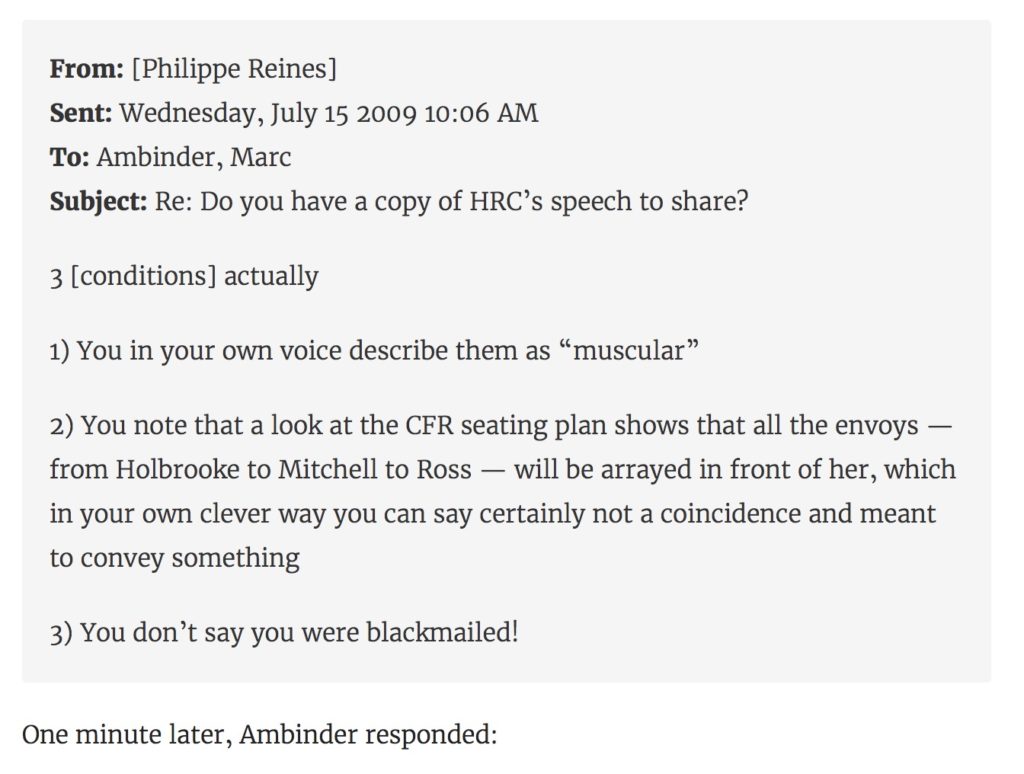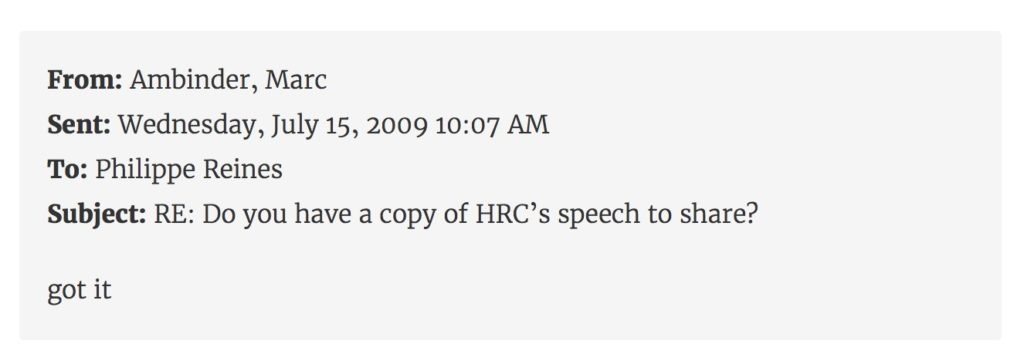Gallipoli (Italy) (AFP) - Italian olive grower Federico Manni is at the end of his tether.
"You see this one," he says, waving in the direction of a majestic but diseased olive tree on his property near Gallipoli on the Salento peninsula on Italy's heel.
"It is over one thousand years old. Fires and wars failed to kill it, but that's what xylella is doing."
Manni's wedding pictures were taken underneath this particular tree. And he is filled with dread at the prospect of its imminent demise at the hands of a bacterial infection thought to be behind an outbreak of dessication ravaging the olive groves of this fertile corner of southern Italy.
"I am very pessimistic," the young spokesman for producers organisation "La Voce dell'Ulivo" (The Olive's Voice), tells AFP. "I feel like we have no weapons with which to fight back."The reason for Manni's despair is xylella fastidiosa, a deadly bacterial pathogen that has no known cure and, for reasons experts have so far been unable to explain, began infesting olive trees in Salento at the end of 2013.
More than a million trees, 10 percent of Salento's total, are estimated to have been infected in a region where abundant olive groves are synonomous with the timeless landscape.
Most of those that have been infected have or will soon become stunted, leafless and ultimately lifeless.
How many trees will ultimately suffer that fate is unclear, as is the extent to which the bacteria has spread to other parts of Italy.
What is clear is that the potential damage is huge: xylella does not harm humans but can kill over 200 types of plant, including fruit trees and grape vines. "It is an environmental disaster," says Manni.
Under pressure from the European Union, the Italian government last year approved the felling of some 3,000 trees under a plan to create a sanitary buffer zone between affected and non-affected areas, thereby hopefully containing the problem in Salento.
- 'Very worrying situation' -
But a legal challenge from producers succeeded in halting the implementation of the scheme.
"Our expert told us that there it was not absolutely sure that xylella was the only reason for the dessication of the trees," explained Cattaldo Mota, a magistrate in the city of Lecce who ordered the halt.
"The identity of the landscape of the Salento is linked to the olive tree, we wanted to prevent it from being destroyed without an opportunity to look into the problem more deeply," Mota added.
To complicate matters further, 10 officials involved in tackling the disease have been placed under investigation on suspicion of misrepresenting the scientific evidence and acting in a way that threatened the environment in an area of outstanding natural beauty.
The local ruling was revised last week by Italy's Council of State. The culling of trees is once again authorised but it has to be done in agreement with growers who must be allowed time to carry out their own tests and evaluations.
The Italian authorities have also lifted a "xylella state of emergency" which gave them powers to enforce felling.
The situation however remains "very worrying", according to Gianni Cantele, regional president of the national farmers' organisation Coldiretti.
"The (insect-born) disease is continuing to spread," he said.
Pantaleo Piccinno's 270-hectare estate at Caprarica di Lecce is among those to have been infected. But he said he was still able to produce his oil.
"The progressive nature of the disease means an affected tree can continue to produce olives from the parts of it where the leaves are still green and there is no impact on the quality of the oil," he says.
Production also continues in parts of Puglia that are little or not at all affected by the epidemic.
But lost output has already had an impact on wholesale oil prices. A recent study in seven EU countries attributed a 20 percent hike over 2015 to the impact of the xylella crisis.
Coldiretti's Gianni Cantele warns that the disease could spread across olive growing areas across the northern Mediterranean with cases of xylella having already been detected on the island of Corsica and in southeastern France.
"The problem is that once xylella gets a foothold in an environment, it is very difficult to eradicate," he said. That's why, he explains, replanting in contaminated areas is currently banned.
Cantele said he was hopeful a compromise could be agreed with the European Commission under which older trees would be reprieved, younger diseased ones culled and producers authorised to replant.
But above all the Salento's olive growers are hoping that science will come up with a treatment for xylella sooner rather than later.
http://news.yahoo.com/growers-despair-disease-ravages-timeless-olive-groves-italy-040123993.html
America’s Corrupt Media – How Reporters Took Direct Orders from Hillary Clinton’s Staff
It is the job of the Fourth Estate to act as a check and a restraint on the others, to illumine the dark corners of Ministries, to debunk the bureaucrat, to throw often unwelcome light on the measures and motives of our rulers. ‘News’, as Hearst once remarked, ‘is something which somebody wants suppressed: all the rest is advertising’. That job is an essential one and it is bound to be unpopular; indeed, in a democracy, it may be argued that the more unpopular the newspapers are with the politicians the better they are performing their most vital task.
– Brian R. Roberts from a October 29, 1955 article in the London periodical “Time & Tide”
A newspaper is a device for making the ignorant more ignorant and the crazy crazier.
– H.L. Mencken
If you really want to know how weak Hillary Clinton is as a candidate, you merely have to appreciate that the U.S. media essentially acts as her own personal PR firm, yet the public still recognizes her as a dishonest crook. Brace yourself for the following story, it’s huge.
Earlier this week, we learned from Gawker that at least one U.S. reporter traded content in his article for information from Hillary Clinton’s staff while she was Secretary of State. In what is an almost hard to believe exchange, Marc Ambinder of The Atlantic, agreed to insert specific words and imagery into his article in return for a copy of Hillary’s upcoming speech at the Council on Foreign Relations.
We have the exact exchange thanks to emails released from a 2012 Freedom of Information Act Request (FOIA). Gawker reports:
The emails in question, which were exchanged by Ambinder, then serving as The Atlantic’s politics editor, and Philippe Reines, Clinton’s notoriously combative spokesman and consigliere, turned up thanks to a Freedom of Information Act request we filed in 2012 (and which we are currently suing the State Department over). The same request previously revealed that Politico’s chief White House correspondent, Mike Allen, promised to deliver positive coverage of Chelsea Clinton, and, in a separate exchange, permitted Reines to ghost-write an item about the State Department for Politico’s Playbook newsletter. Ambinder’s emails with Reines demonstrate the same kind of transactional reporting, albeit to a much more legible degree: In them, you can see Reines “blackmailing” Ambinder into describing a Clinton speech as “muscular” in exchange for early access to the transcript. In other words, Ambinder outsourced his editorial judgment about the speech to a member of Clinton’s own staff.This is literally the first paragraph from Ambinder’s article:
On the morning of July 15, 2009, Ambinder sent Reines a blank email with the subject line, “Do you have a copy of HRC’s speech to share?” His question concerned a speech Clinton planned to give later that day at the Washington, D.C. office of the Council on Foreign Relations, an influential think tank. Three minutes after Ambinder’s initial email, Reines replied with three words: “on two conditions.” After Ambinder responded with “ok,” Reines sent him a list of those conditions:
Ambinder made good on his word. The opening paragraph of the article he wrote later that day, under the headline “Hillary Clinton’s ‘Smart Power’ Breaks Through,” precisely followed Reines’ instructions.
If nothing else, Ambinder is very good at following instructions. Journalism, not so much.When you think of President Obama’s foreign policy, think of Secretary of State Hillary Clinton. That’s the message behind a muscular speech that Clinton is set to deliver today to the Council on Foreign Relations. The staging gives a clue to its purpose: seated in front of Clinton, subordinate to Clinton, in the first row, will be three potentially rival power centers: envoys Richard Holbrooke and George Mitchell, and National Security Council senior director Dennis Ross.
Now back to Gawker.
Reines didn’t respond when we asked if he engaged in similar transactions with other reporters covering the State Department. But on the day of his trade with Ambinder, at least one other journalist used Reines’ preferred adjective—“muscular”—to describe the speech at the Council on Foreign Relations. That reporter was none other than Mike Allen of Politico.Can you believe this? And you wonder why the public is so ignorant. Much of the press is not doing its job.
We can’t say for sure that Reines implored Allen to describe Clinton’s speech as “muscular” and emphasize where particular audience members were seated, but that kind of request would hardly be out of the ordinary. As we noted above, Allen allowed Reines to ghost-write an item for his Playbook newsletter; and, in the course of attempting to secure an interview with Chelsea Clinton, told Reines he was prepared to submit interview questions to Clinton’s team in advance for their approval.
In any case, Reines’ strategy worked out nicely. For an article aggregating Allen’s piece, New York magazine quoted his use of “muscular” in the headline, and even commissioned an illustration of Clinton wearing the arms of a body builder.
Meanwhile, there’s a lot more good stuff in the Gawker article, so I suggest you read the entire thing.
Of course, this is something I’ve been saying for a while. For example, as I wrote in the recent article, A Detailed Look at The New York Times’ Embarrassing, Deceitful and Illogical Endorsement of Hillary Clinton:
The New York Times’ endorsement of Hillary Clinton against Bernie Sanders in the Democratic primary consists of an unreadable, illogical piece of fiction. In this post, I will critique the paper’s position in detail, but first I want to take a step back and explain to people what I think is going on in the bigger picture.As I mentioned at the beginning of this post, the U.S. press basically acts like a PR firm for Hillary Clinton, yet the public still can’t stand her. That’s how bad she really is.
In its endorsement of Hillary, the New York Times editorial board did such a sloppy job I can’t help but think it may have done permanent damage to its brand. Upon reading it, my initial conclusion was that the editorial board was either suffering from Stockholm syndrome or merely concerned about losing advertising revenues should they endorse Sanders. Then I thought some more and I realized my initial conclusions were wrong. Something else is going on here, something far more subtle, subconscious and illuminating. The New York Times is defending the establishment candidate simply because the New York Times is the establishment.
One of the biggest trends of the post financial crisis period has been a plunge in the American public’s perception of the country’s powerful institutions. The establishment often admits this reality with a mixture of bewilderment and erroneous conclusions, ultimately settling on the idea people are upset because “Washington can’t get anything done.” However, nothing could be further from the truth. When it comes to corruption and serving big monied interests, both Congress and the President are very, very good at getting things done. Yes it’s true Congress doesn’t get anything done on behalf of the people, but this is no accident. The government doesn’t work for the people.
With its dishonest and shifty endorsement of Hillary Clinton, I believe the New York Times has finally come out of the closet as an unabashed gatekeeper of the status quo. I suppose this makes sense since the paper has become the ultimate status quo journalistic publication. The sad truth is the publication has been living on borrowed time and a borrowed reputation for a long time. Long on prestige, it remains very short on substance when it comes to fighting difficult battles in the public interest. Content with its position of power and influence within the current paradigm, the paper doesn’t want to rock the boat. What the New York Times is actually telling its readers with the Hillary Clinton endorsement is that it likes things just the way they are, and will fight hard to keep them that way. It is as much a part of the American establishment as any government institution.
http://libertyblitzkrieg.com/2016/02/12/americas-corrupt-media-how-reporters-took-direct-orders-from-hillary-clintons-staff/




No comments:
Post a Comment